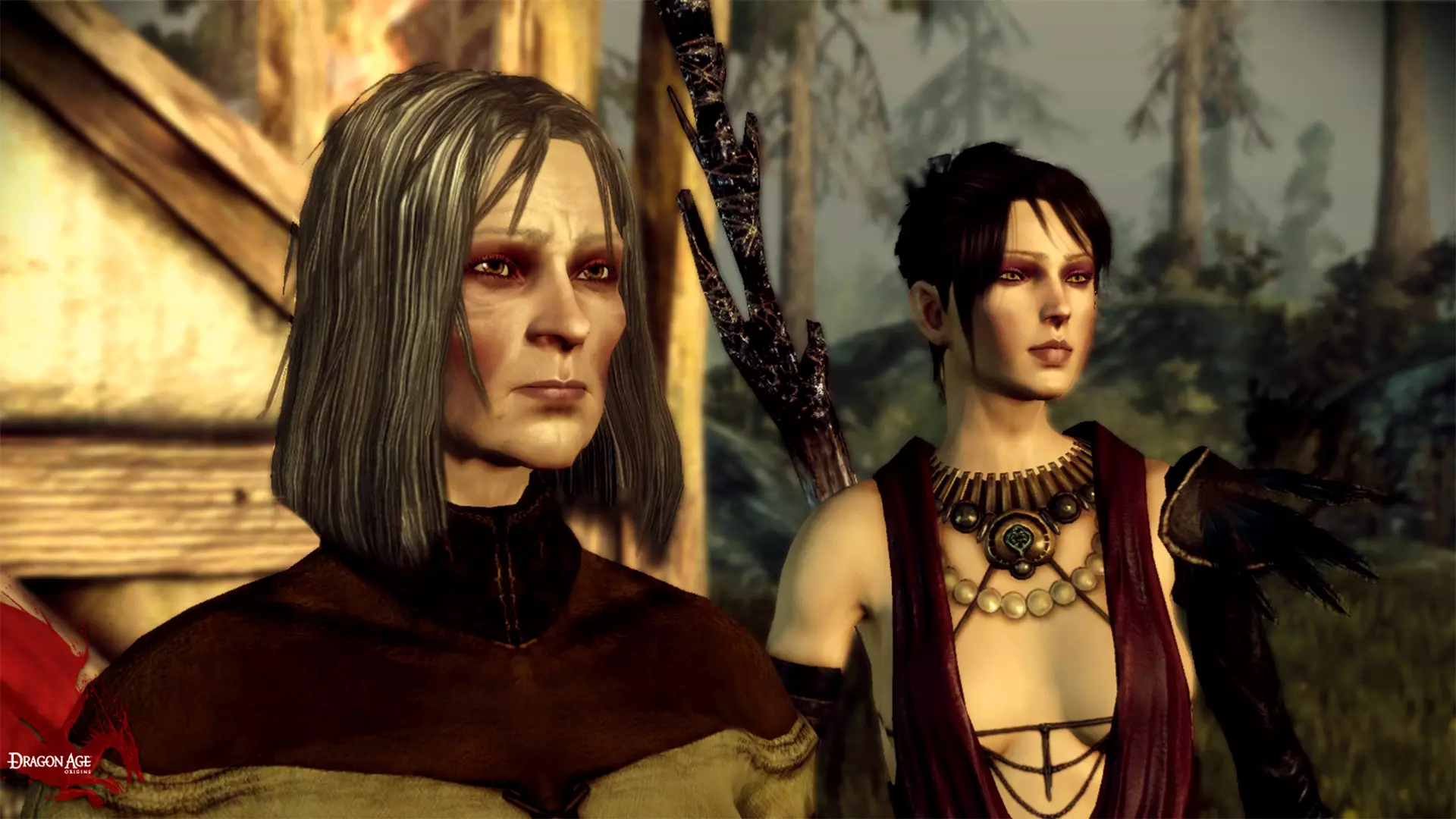In the landscape of role-playing games (RPGs), romance has emerged as a compelling aspect that can deepen emotional connections and enrich gameplay. However, not all developers view romance in the same light. David Gaider, the narrative lead behind acclaimed titles like *Dragon Age: Origins*, *Dragon Age 2*, and *Dragon Age: Inquisition*, expressed a nuanced stance regarding player-sexuality—a gameplay feature where characters express romantic interest regardless of the player’s gender. While some might revel in the freedom this feature offers, Gaider points out significant drawbacks that could undermine character complexity. His reflections open a broader conversation about the balance between player choice and character integrity in RPG storytelling.
The Debate: Freedom vs. Authenticity
Gaider highlights a fundamental divide within the gaming community: some players crave the ability to romance any character, while others seek a more realistic portrayal of relationships, which might involve rejection or rivalry. This dichotomy forces developers to consider how they construct their narratives. If every character is available for romance, then the stakes diminish—relationships can feel superficial, a mere checkbox on an expansive list of options. Conversely, when characters have their own motivations and loyalties that don’t automatically align with the player’s avatar, a richer, more complicated dynamic emerges.
Finding harmony among these opposing desires is essential for creating engaging narratives. A game may set itself apart by incorporating genuine obstacles to romantic entanglements, elevating the player’s investment in the story. Gaider’s perspective brings to light the importance of character motivations that extend beyond mere romantic pursuits, enriching the narrative and fostering player engagement through obstacles and rivalries.
The Consequences of Player-Sexuality
An unfortunate downside of player-sexuality—highlighted by Gaider—is the potential oversimplification of character arcs. If every character is inherently available for romance, it creates a scenario where depth is often sacrificed for inclusivity. The development of a character’s story must accommodate this openness, which can restrict the narrative’s organic flow. Gaider emphasizes that crafting multi-faceted characters requires them to possess their own goals, which might conflict with the player’s objectives. Such internal conflict enhances the game’s complexity and allows for more varied storytelling avenues.
This sentiment isn’t merely an argument against player-sexuality; rather, it’s an appeal for a balance that cherishes character agency as much as player agency. When the motivations of characters are tied solely to fulfilling player fantasies, it may reduce their dimensionality and render them more as tools for gameplay than as individuals with their own stories.
Building Relatable Characters Through Challenge
One of Gaider’s essential points revolves around the need for characters to be relatable—imperfect beings navigating a complex world. The idea of earning a character’s affection through understanding, commitment, and overcoming challenges is what can make RPGs resonate emotionally with players. Characters should have genuine fears and insecurities, allowing players to forge authentic connections. Providing the opportunity for distrust or rivalry only enhances this relational tapestry, allowing the player to influence narratives in profound ways.
Consider the impact of rivalry: a character that distrusts the player might offer engaging dialogue that prompts self-reflection within the game, allowing for multiple layers of engagement. The player must strategize to change this dynamic or accept their limitations. This complexity adds tension and intrigue to the story, elevating the overall gaming experience.
The Future of Romance in RPGs
As the RPG genre continues to evolve, developers face the ongoing challenge of balancing player desires for inclusivity with the necessity of crafting meaningful character arcs. Gaider’s insights pose an essential question for future titles: How can developers design compelling stories that honor character agency? Allowing for deeper emotional narratives rather than simply pandering to player inclinations will ultimately lead to richer gameplay experiences.
Moving forward, the call for RPGs is clear. It is crucial to embrace complexity in both romantic relationships and character development. The dialogue around player-sexuality is a vital part of this evolution, as developers strive to create worlds that resonate with players on more profound emotional levels, ensuring that every relationship—romantic or otherwise—feels earned and impactful.

